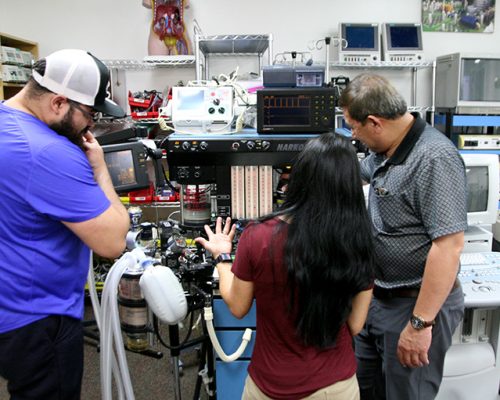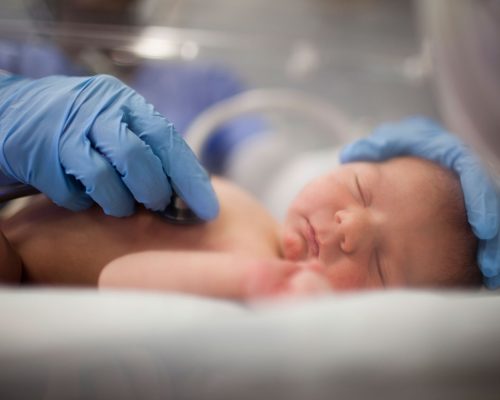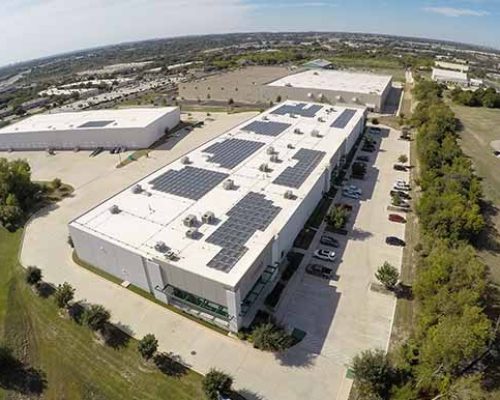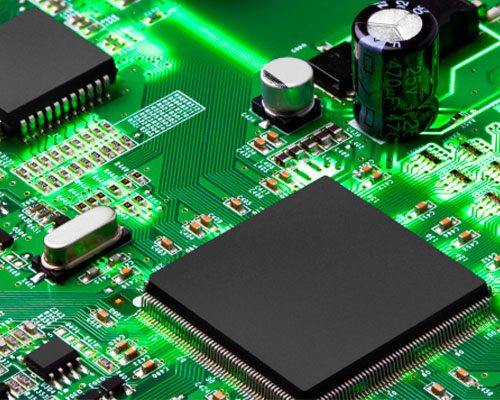NICU incubators provide lifesaving support to premature and critically ill newborns as they are transported to the Neonatal Intensive Care Unit (NICU) and once they arrive for further treatment at the hospital. Learn more about the importance of NICU incubators and their key features in helping infants and newborn babies receive the care they need with the help of International Biomedical.
The Role of NICU Incubators in the Neonatal Intensive Care Unit
NICU incubators are specialized medical devices designed to provide a controlled and protective environment for newborns born prematurely or infants with medical conditions requiring intensive care. Infant incubators maintain a stable temperature, humidity, and oxygen level, which is critical for the survival and development of these vulnerable infants.
NICU incubators have evolved significantly since their invention in the late 19th century. Early incubators were rudimentary, providing only basic temperature control. Now, modern incubators are highly sophisticated. They are equipped with advanced technology to closely monitor and support all of an infant’s vital functions as they receive medical treatment in the NICU.
Essential Features of NICU Incubators
Temperature Control
Maintaining a stable temperature is crucial for preterm infants, who are unable to regulate their body temperature effectively. NICU incubators offer precise temperature control, ensuring the infant remains warm and comfortable. The temperature control unit is built into the system, utilizing a dial manual system, smart interface, or sensors attached to the baby’s chest and body.
Humidity Control
Proper humidity levels prevent dehydration and skin problems. NICU incubators include humidity control systems to maintain an optimal environment for a newborn’s delicate skin.
Oxygen Delivery
Many premature babies and infants with health problems require supplemental oxygen. NICU incubators are equipped with features to deliver oxygen safely and at controlled levels, supporting respiratory function.
Monitoring Systems
Integrated monitoring systems continuously track vital signs such as heart rate, respiratory rate, blood pressure, and oxygen saturation. Alarms and notifications alert healthcare providers to any changes, ensuring prompt intervention when necessary.
Benefits of NICU Incubators
Support for Premature Infants
NICU incubators are vital for the survival and growth of premature infants. They provide a stable environment that mimics the conditions of the womb, allowing these infants to continue developing.
Incubators can also be paired with other medical devices, such as the BiliCocoon Kangaroo Care Fiber Optic Phototherapy System, and infant warmers, such as the Infant Heel Warmers and heated mattresses, including the Infatherm Warming Mattress, for optimal thermal stability.
Infection Control
NICU incubators are designed with infection control measures to protect the vulnerable immune systems of sick and premature neonates. A sterile environment is crucial for neonatal care, as sick and premature infants have underdeveloped immune systems that make them more susceptible to infections.
Skin-to-Skin Contact
Most incubators allow for some level of parental or caregiver bonding and involvement. Innovations such as access ports or open incubators enable parents and other caretakers to safely touch and care for their premature newborns and ill infants, promoting emotional connection and reducing stress for the infant and their family.
AirBorne Neonatal Transport Incubators from International Biomedical
International Biomedical manufactures several neonatal transport incubators that are designed to provide safe and stable environments for infants during transport.
NxtGen Transport Incubator
The NxtGen Incubator is designed with the latest technology for both ground and air transport. It offers a controlled environment with precise temperature and humidity regulation. This neonatal transport incubator also includes a touchscreen interface, intelligent thermoregulation with servo-control mode, an integrated heated mattress with 360-degree coverage, and new battery technology with five times the lifespan of other battery-powered incubators. Its lightweight and durable design makes it easy to transport.
Voyager Transport Incubator
The Voyager Transport Incubator is designed for use on the ground and in the air. It is highly customizable with different configurations. Key features include integrated infant positioning straps, storage options for oxygen cylinders, and compatibility with various medical devices. It can be equipped with an additional phototherapy and pulse oximetry incubator, effectively transforming into a mobile NICU. The Voyager ensures a controlled environment for the safe and effective transport of critically ill newborns.
A750i Transport Incubator
The A750i Transport Incubator is designed for effective neonatal transport within the NICU. It includes integrated shock absorbers for a gentle ride, onboard storage for two gas cylinders, and compatibility with various neonatal ventilators and cardiac monitors. The incubator can be customized to meet NRP compliance and transformed into a mobile NICU with additional medical device integration. Its compact design allows easy maneuverability around the NICU or labor and delivery units.
Aviator Transport Incubator
The Aviator Transport Incubator is made for air transport and ground transport. It has a low-profile, compact design for easy maneuverability. It includes onboard storage for two gas cylinders and thermal privacy covers to protect the patient from external influences. The incubator can be equipped with advanced medical devices, such as phototherapy and high-frequency ventilation, transforming it into a mobile NICU. Its unique design places crucial support equipment on the right side for better access during transport.
Neonatal Incubators Manufactured by International Biomedical
NICU incubators are essential for neonatal intensive care, providing a controlled and protective environment that supports the survival and development of premature and critically ill newborns. By understanding their importance, key features, and benefits, we can better appreciate their life-saving role.
For more guidance or support, contact International Biomedical. By utilizing advanced neonatal transport incubators, the most vulnerable infants in the NICU can receive the medical care they need.









